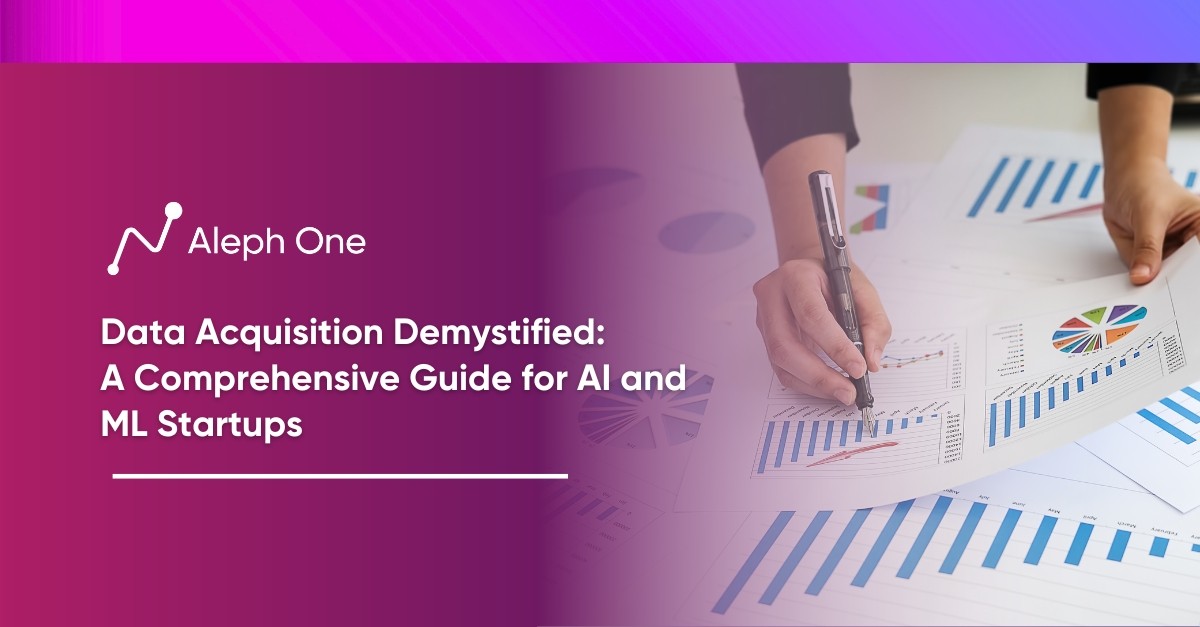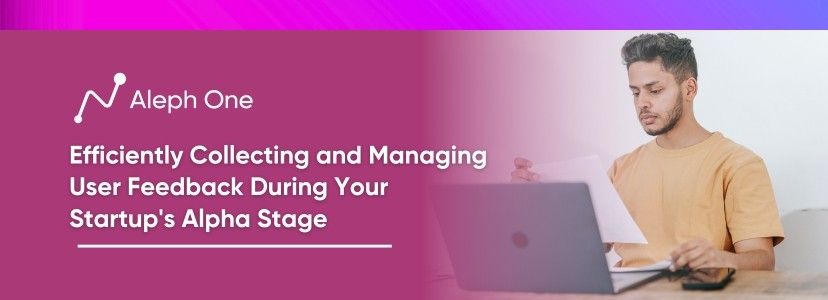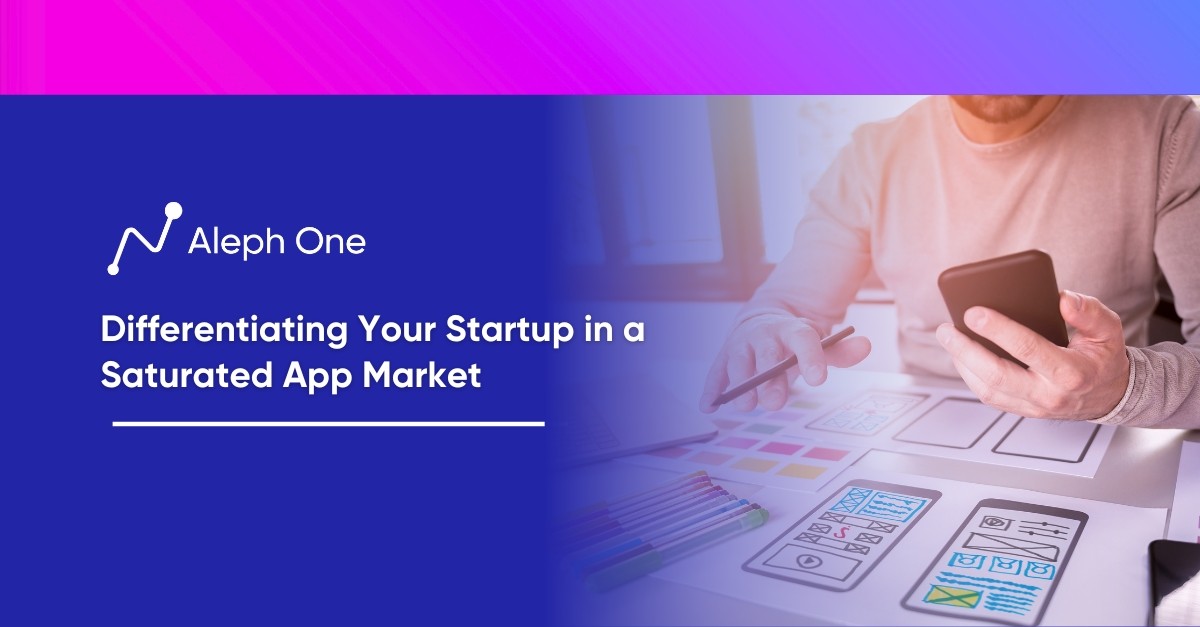Let’s work together to build something amazing. Share your project details and our team will reply to figure out the next steps to your success.

In the rapidly changing landscape of artificial intelligence (AI) and machine learning (ML) startups, data has emerged as the new oil, fueling innovation and driving success. AI startups heavily rely on vast amounts of data to train their models and gain a competitive edge. However, acquiring this valuable resource is challenging, particularly for startups with limited resources. In this comprehensive guide, we will go over the intricacies of data acquisition, exploring various strategies, challenges, and creative tactics that startups can employ to obtain, refine, and leverage data effectively. Whether through exclusive data partnerships, tapping into data APIs, growth hacking techniques, web scraping, and automation, or purchasing high-quality datasets, we demystify the process and provide insights to help AI and ML startups navigate the data landscape and position themselves as leaders in their respective fields.

The Data Gold Rush: Why Data is the New Oil for AI Startups
AI and machine learning startups rely on vast data to build their models and products. Data is the fuel for AI, and startups must acquire massive data to compete. Some facts on the rising importance and value of data for AI startups:
AI Requires Massive Data Sets
AI startups require massive datasets to train machine learning algorithms. Image recognition startups need millions of images, speech recognition startups need thousands of hours of audio, and so on. The more data they have, the more accurate their models can become.
Venture Capitalists Are Investing in AI Startups
Venture capital firms invest heavily in AI startups with access to large, proprietary datasets. They see data as a key strategic asset and competitive advantage. Startups with exclusive data access can attract premium valuations and funding.
AI Startups Are Getting Acquired
Established tech companies are acquiring AI startups specifically to gain access to their data. For example, Apple acquired Xnor.ai in 2020 mainly to obtain their datasets and AI models for edge computing devices. Data is a crucial driver of acquisitions in the AI space.
AI Startups Are Monetizing Data
Some AI startups are beginning to monetize their data directly. Anthropic, an AI safety startup, sells access to their Constitutional AI datasets to help other companies train safer and more robust AI systems. As data becomes more valuable, more startups will monetize data rather than just models and insights.
Data Acquisition Challenges
However, data acquisition is challenging for startups with limited resources. While data may be the “new oil,” it is not easy for startups to obtain, refine, and leverage data to power their AI systems. Startups have to be creative in finding ways to gather and access data to build competitive AI and machine learning products. With data increasingly concentrated in the hands of a few large tech companies, startups have to work harder to gain access to strategic data resources. Data acquisition is a critical make-or-break factor for AI startups.
Data has become the crucial fuel for building AI and the key to success. Startups must acquire massive amounts of data to power their AI models and gain a competitive edge. With much of the world’s data locked up in a few big tech companies, data acquisition is the number one challenge for startups. Those accessing large datasets will be poised as the next AI leaders.
Exclusive Data Partnerships: How to Partner With Data Giants
Establishing exclusive data partnerships with large companies with access to vast amounts of data is an effective strategy for AI startups to gain a competitive advantage. Some of the biggest tech companies, like Google, Facebook, and Amazon, have access to massive datasets that startups can only dream of building on their own. Partnering with these “data giants” can give startups access to premium data resources.
Examples of Successful Data Partnerships
However, data partnerships also come with privacy, licensing, and control challenges. Startups must negotiate partnerships that provide sufficient data access and rights to build their products. Some examples of successful data partnerships include:
- Anthropic, an AI safety startup, partnered with PBC to gain exclusive access to Constitutional AI datasets to build their models.
- Rigetti Computing, a quantum computing startup, partnered with NASA and Lockheed Martin to get access to specialized aerospace datasets. This helped Rigetti improve its quantum machine-learning algorithms for aerospace applications.
- Chrono Therapeutics partnered with the University of North Carolina School of Medicine to get access to clinical trial datasets. This helped the startup improve its AI models for personalized drug treatment.
How to Establish a Data Partnership
To establish a successful data partnership, startups should:
- Identify partners with valuable, high-quality data resources that are hard to access otherwise. This could be large tech companies, research institutions, hospitals, etc.
- Communicate what data you need and how you will use it. Be transparent about your goals to build trust.
- Discuss data privacy, licensing, and IP ownership upfront. Ensure you get sufficient rights to use the data to build your products.
- Start with a pilot project to test the partnership before committing to a long-term arrangement. This allows you to evaluate the quality and fit of the data.
- In return, provide value to your partner, e.g., sharing insights from your models, collaborating on research, or offering services. This can make the partnership more mutually beneficial.
- Be flexible in negotiations. Large partners may have strict controls on data usage. Find a compromise that works for both parties.
With the right approach, data partnerships can give AI startups exclusive access to the data resources they need to build cutting-edge models and compete with industry leaders. However, startups have to make sure they establish balanced partnerships that provide real long-term value.
The API Economy: How to Tap Into Data APIs
Many companies provide access to data through application interfaces or APIs. APIs allow startups to access data from other platforms and services. Twitter, Facebook, and Google provide APIs to access public data from their platforms. Data aggregators provide APIs to access datasets from hundreds of sources.
Best Practices for APIs
Using data APIs is a convenient way for startups to acquire valuable data. However, there are a few best practices to keep in mind. First, startups need to evaluate what data they need and which APIs can provide that data. Not all APIs are created equal, so startups should assess data accuracy, API uptime, and costs. Some APIs are free to use, while others charge for access.
Startups Need API Credentials to Access Data
Second, startups must get API credentials to access the data. This usually involves registering a developer account and obtaining an API key. Startups should keep API keys secure and private to avoid unauthorized access.
API Documentation and Software Development Kits
Third, startups should start with API documentation and any available SDKs (Software Development Kits) to build a prototype. Then they can invest in more robust API integration. The documentation and SDKs will provide code samples to get started.
API Terms of Service and Usage Policies
Finally, startups need to follow all API terms of service and usage policies. This includes rate limits, attribution requirements, and restrictions on data usage. Violating API policies could result in losing access.
Data APIs Startups Should Know
Some important data APIs for AI startups include:
- Twitter API – Access to public Twitter data, including tweets, users, and trends. Free to use.
- Facebook Graph API – Access to Facebook social data, including posts, comments, likes, and events. Free to use.
- Google Places API – Provides data on places and businesses from Google Maps. Free to use with API key.
- Quandl – Aggregates over 20 million financial, economic and social datasets. Mostly free to use with some paid plans.
- Plaid – Provides access to financial data from thousands of banks and credit unions. Paid access through monthly plans.
Data APIs allow startups to tap into a wealth of data without building complex data partnerships or purchasing expensive datasets. With the right API strategy and execution, startups can acquire all the data they need to power their AI.
Growth Hacking Your Data: Creative Tactics to Acquire Data
AI and machine learning startups must get creative to acquire the enormous amounts of data they need. Some startups employ “growth hacking” techniques to gather data in innovative ways. Growth hacking refers to unconventional marketing and product promotion methods to accelerate growth. Data acquisition involves finding creative ways to get large volumes of data from various sources.
Data Bounties
One growth hacking tactic is to set up “data bounties” – offering rewards and incentives for people to provide data. For example, an AI assistant startup could offer bonus points or credits in their app in exchange for users sharing more of their data. Some startups offer monetary rewards, cash prizes, or charity donations in exchange for data. The key is to provide enough incentive to motivate people to share their data.
Online Communities and Platforms
Leveraging online communities and platforms is another growth hacking technique. Startups can partner with platforms with access to data and audiences that match their needs. For example, a healthcare AI startup could partner with fitness-tracking platforms to gain access to activity and health data. Startups can also build online communities to engage people and gain access to data. For example, an AI education startup could create an online community for teachers to share resources and insights – and gain valuable data.
Data Challenges and Hackathons
Some startups have also successfully organized “data challenges” and hackathons to crowdsource data. Participants compete to provide the best data or build models, and the winners receive recognition, prizes, or the opportunity to work with the startup. These events not only generate valuable data but also help to raise awareness and interest in the startup.
Growth hacking requires creativity, experimentation, and persistence to discover new data acquisition methods. While these techniques can produce huge volumes of data, startups must be aware of privacy or ethical issues. But with the right tactics and proper safeguards, growth hacking can be an effective way for resource-constrained startups to get the data they need to build innovative AI products.
Web Scraping and Automation: How to Harvest Data at Scale
Web scraping and automation tools allow startups to gather huge amounts of data from across the web. Startups can use scraping and automation techniques like:
Website Scraping
Extracting data from websites by parsing the HTML code and scraping text, images, links, and other content. Using tools like Scrapy, BeautifulSoup, and Selenium, startups can scrape data from millions of web pages. For example, a price comparison startup can scrape product info from ecommerce sites.
API Scraping
Some websites offer APIs to access data. Startups can scrape data from these APIs using the requests library in Python or a similar tool. API scraping allows for fast, automated data extraction.
Bot Automation
Bots can be programmed to automatically navigate websites, fill out forms, scrape data, make API calls, and more. Automation bots powered by tools like Selenium can scrape data at a massive scale. For example, a bot can scrape real estate listings from hundreds of sites.
Image and Video Scraping
Using computer vision and media scraping tools, startups can extract data from images, videos, and other media at a huge scale. For example, a startup can scrape and analyze millions of product images to detect trends.
How to Scrape and Automate at Scale for Startups
- Choose robust tools that can handle high-volume data extraction. Scrapy, Selenium, and BeautifulSoup are popular, scalable options.
- Employ proxy rotation, user-agent spoofing, and CAPTCHA solving to avoid blocking.
- Build redundancy by scraping the same data from multiple sources. This minimizes the impact if one source blocks scraping.
- Store scraped data in a database or data warehouse for analysis. Elastic, MongoDB, and PostgreSQL are good for large datasets.
- Continuously monitor data sources and update scrapers to handle changes. This ensures high-quality, up-to-date data.
With web scraping and automation, startups can acquire huge amounts of data to power their AI models and gain a competitive advantage. The scale and speed of these techniques allow startups to gather data that would be impossible to collect manually.
Buy Your Data: How to Purchase High-Quality Datasets
For some AI startups, purchasing high-quality datasets may be the most efficient option for acquiring data, especially when data is scarce or difficult to gather on your own. Buying data allows startups to access huge, targeted datasets that would take them years to aggregate. However, purchasing data has some downsides, including cost, licensing restrictions, and lack of control or transparency into how the data is generated.
Factors to Consider When Purchasing Data
When buying data, startups must evaluate different datasets’ quality, accuracy, and value to determine if the investment will provide a good ROI. Some factors to consider include:
- Data source and collection methods: Using transparent methodologies, look for datasets from reputable sources. Data that is scraped or crowdsourced may need to be of higher quality.
- Data attributes: The dataset should contain relevant attributes, features, and labels for your needs. Make sure the data is formatted consistently and uniformly.
- Coverage and representativeness: The dataset should sufficiently represent the population you want to model or analyze. Look for datasets that cover your target geography, demographic groups, time periods, etc.
- Accuracy and ground truth: Review data samples to check for errors or inaccuracies. See if the dataset has been validated or labeled by human experts.
- Exclusivity: Exclusive datasets not available elsewhere may be more valuable as they provide unique data that competitors cannot access.
- Licensing terms: Carefully review the licensing agreement to understand how the data can and cannot be used, especially for commercial purposes. Restrictive licenses may limit the use and distribution of your models and products.
Purchase the Right Data for Your Startup
Many data suppliers and marketplaces now offer high-quality datasets for purchase. Some startup options include Acxiom, Experian, Nielsen, and InfoUSA for customer data; Bloomberg, Refinitiv, and FactSet for financial data; and CoreLogic, Regrid, and Geoblink for property and location data. By purchasing the right data from reputable suppliers, AI startups can gain a competitive advantage, accelerate their growth, and build superior products. However, startups must enter any data acquisition deal with their eyes open to ensure the investment pays off.
FAQ
How can AI startups effectively monetize their data without compromising on their core product or service offering?
Monetizing data while maintaining a core product or service is a strategic play. Startups could consider releasing some of their data as a freemium offering while reserving more detailed or analyzed data for premium customers. They can also create digital products, such as insightful reports or analytical models based on the data. The key is to ensure that monetizing data does not compromise the startup’s commitment to their core product and that data privacy is maintained throughout.
How can startups navigate the ethical and privacy challenges associated with data acquisition, especially when it comes to user-generated data?
This is a complex issue as privacy laws vary from country to country, and users are becoming more conscious about their digital footprint. Startups must always be transparent in their data collection and usage practices. Clear communication through well-designed privacy policies, cookie consents, and terms of use is critical. Anonymizing data and using secure and GDPR-compliant platforms can also help to uphold data privacy.
What are some of the most common pitfalls in purchasing data for AI startups and how can they be avoided?
When purchasing data, there are many pitfalls to be wary of. Firstly, startups should thoroughly evaluate the data source to ensure its reliability and accuracy. Secondly, the data purchased must be relevant and applicable to the startup’s needs otherwise, it becomes counterproductive. Lastly, understanding licensing agreements and usage constitutions is crucial to avoid legal complications. Compliance with data protection and privacy laws should also be kept in mind when purchasing data.
Get the latest news and updates from Aleph One in your inbox.



